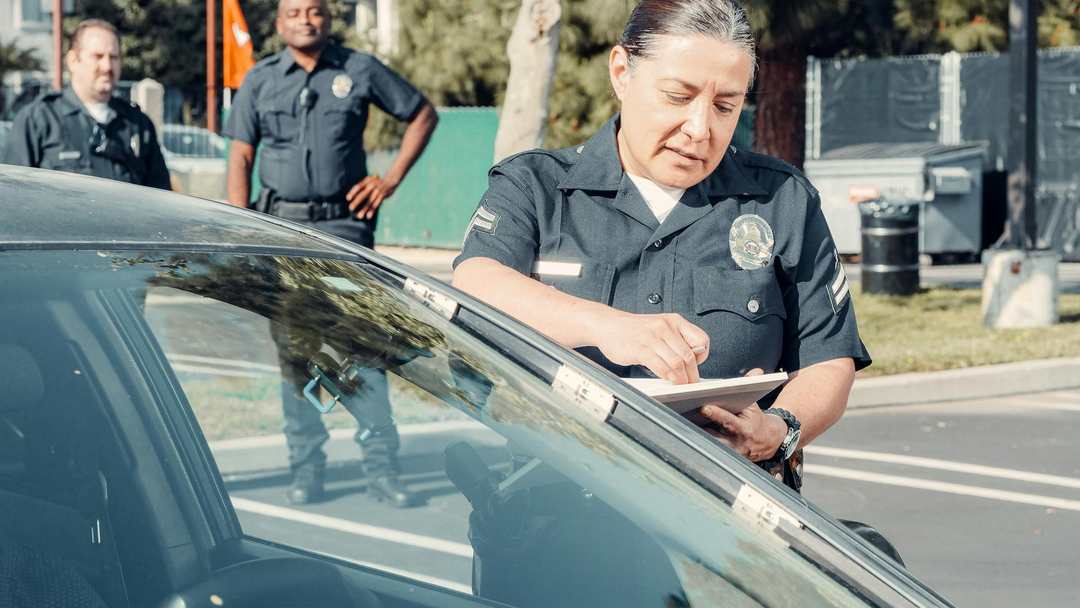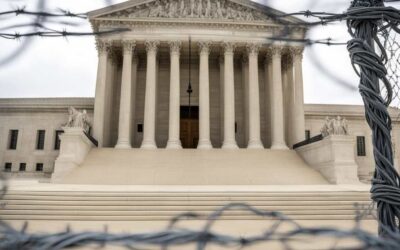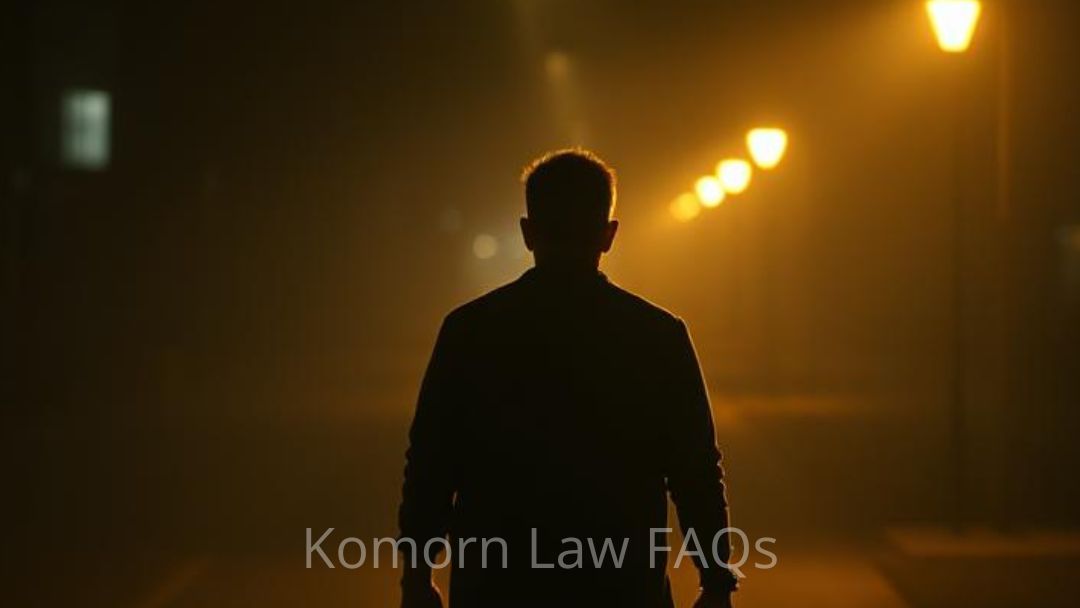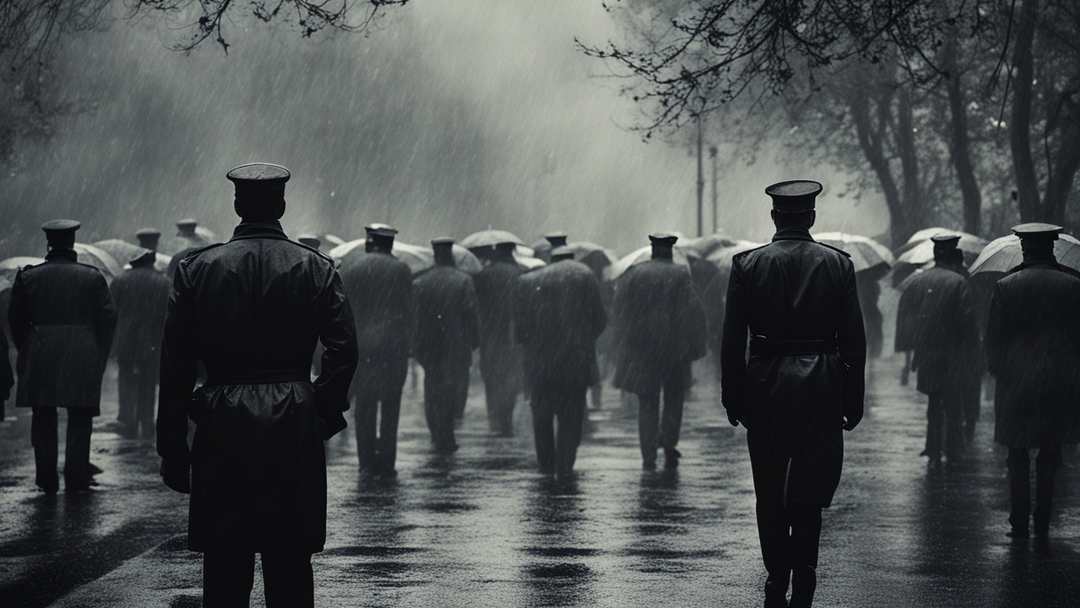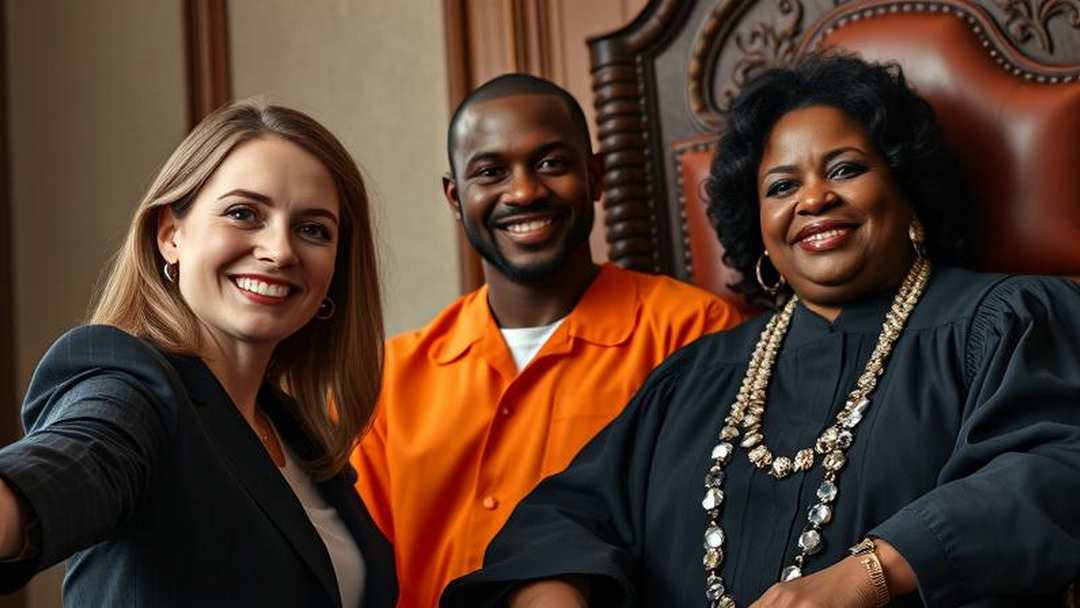The "automobile exception" in Michigan law allows police to search a vehicle without a warrant if they have probable cause to believe it contains evidence of a crime.This exception is grounded in the idea that vehicles are inherently mobile, meaning evidence could be...
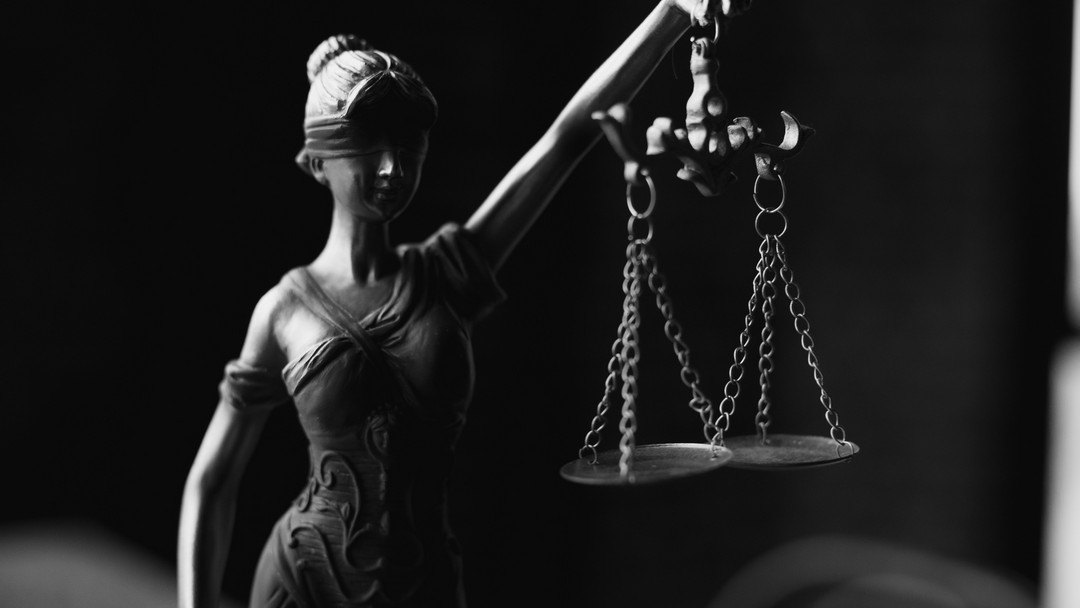
Michigan Appeals Court Decision on Cannabis Use and Probation
Michigan Court of Appeals – Recreational Cannabis Use and Probation
At Komorn Law, we are dedicated to protecting the rights of our clients and staying at the forefront of legal developments.
Our firm’s success in the landmark case of People v. Thue set a significant precedent for medical marijuana patients on probation. Recently, another pivotal case, People v. Lopez-Hernandez, was decided by the Michigan Court of Appeals, which further clarifies the boundaries of marijuana use under probation conditions.
Case Summary: People v. Lopez-Hernandez
In People v Lopez-Hernandez, the defendant, Marco A. Lopez-Hernandez, appealed his probation violation based on the argument that his use of recreational marijuana, compliant with the Michigan Regulation and Taxation of Marihuana Act (MRTMA), should not be penalized.
Lopez-Hernandez had been placed on probation after pleading guilty to operating a vehicle while visibly impaired by marijuana. As a condition of his probation, he was prohibited from using marijuana. When he tested positive for marijuana use, he was found in violation of his probation.
Court’s Decision
The Michigan Court of Appeals affirmed the lower court’s decision to uphold the probation violation. The court distinguished this case from the Thue decision by noting the context of Lopez-Hernandez’s initial offense, which involved operating a vehicle under the influence of marijuana—a direct violation of both state law and the terms of his probation.
The court emphasized that while the MRTMA decriminalizes the use of marijuana by adults, it does not protect individuals who violate other laws, such as operating a vehicle while impaired.
Therefore, the condition of probation prohibiting marijuana use was deemed lawful and rationally related to the defendant’s rehabilitation.
Implications for Marijuana Users on Probation
This ruling underscores the critical distinction between medical and recreational marijuana use under Michigan law, particularly in the context of probation conditions.
Probation Conditions and Marijuana Use:
Under the MRTMA, adults over 21 years old are allowed to use marijuana recreationally. However, this does not extend to situations where the use of marijuana violates other laws or probation conditions.
Conditions prohibiting marijuana use can still be imposed on probationers if they are rationally related to the offense and the individual’s rehabilitation.
Impact of Prior Offenses:
Individuals convicted of marijuana-related offenses, especially those involving impaired driving, can expect stricter probation conditions related to marijuana use.
This decision clarifies that using marijuana recreationally in violation of the law (e.g., driving under the influence) will not be protected under the MRTMA.
Distinction from Thue Case:
The Thue case protected medical marijuana patients from probation conditions that prohibited compliant use of medical marijuana.
The Lopez-Hernandez decision makes it clear that similar protections do not necessarily apply to recreational use, especially when the underlying offense involves marijuana-related impairment.
The People v. Lopez-Hernandez decision highlights the ongoing evolution of marijuana law in Michigan and the importance of understanding how it intersects with probation conditions.
Legal Counsel and Your Rights
When facing legal challenges, particularly in criminal cases, it is advisable to seek legal counsel immediately.
An experienced attorney can provide guidance on how to navigate interactions with law enforcement while safeguarding your constitutional rights.
Since 1993 our expert legal defense in navigating criminal law matters and protecting your constitutional rights are what we eat for breakfast everyday.
Contact Komorn Law PLLC if you’re ready to fight and win.
Research us and then call us.
Recent
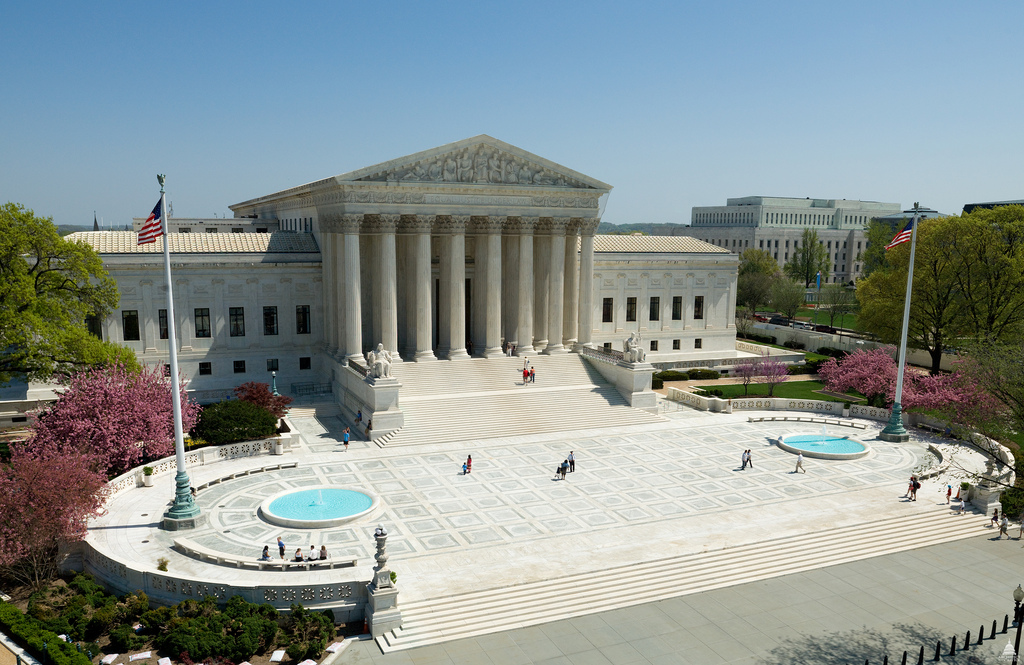
SCOTUS Decision Gives Starbucks a Win in Labor Dispute
The decision underscored the principle that only activities that are essential and directly related to an employee's primary job responsibilities are subject to compensation. In a recent decision by the Supreme Court of the United States (SCOTUS), Starbucks received a...
Other Articles
Government Drones in Your Life – Yes, They Made up a Reason
Long Lake Township v. Maxon The Costs Outweigh Benefits in Exclusionary Rule Application and the Slippery Slope of Fourth Amendment ProtectionsThe recent decision by the Michigan Supreme Court in Long Lake Township v. Maxon represents a significant shift in the...
Supreme Court Opinion – Created federal agencies need judicial oversight
Summary of the Opinion in Loper Bright Enterprises v. RaimondoIn Loper Bright Enterprises v. Raimondo, the Supreme Court addressed the enduring precedent set by Chevron U.S.A., Inc. v. Natural Resources Defense Council, Inc., which has shaped administrative law for...
Carjacking is a Federal Offense
Carjacking is a Federal OffenseCarjacking, the act of forcibly stealing an occupied vehicle, has long been a concern for public safety. It was a local and state issue until a series of violent incidents in the early 1990s that carjacking became a federal...
SCOTUS: No separate hearing required when police seize cars loaned to drivers accused of drug crimes
SCOTUS: When police seize cars loaned to drivers accused of drug crimes it does not necessitate a separate preliminary hearing.The U.S. Supreme Court has ruled against two women who loaned their cars to others arrested for drug crimes while using the vehicles, leading...


